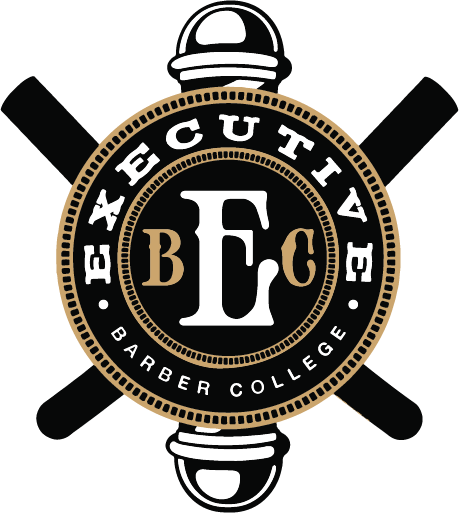Barber Business Bookkeeping
At least once a year (some types of businesses must file taxes quarterly) you will need to do your taxes. For anything more than a sole-proprietorship you should consider hiring an accountant, especially for the first few years. Many sole-proprietors also hire accountants. To properly file taxes you must keep records of all your sales as well as receipts/invoices for things like your building rent, product orders, and other business expenses.
If multiple barbers are involved with your shop you must pay particular attention to how the IRS classifies them – as independent contractors or as employees. This can be different from how your state considers your employment arrangement. For example, if you have barbers who work on a commission and have their own clients and tools, the IRS may consider these people to be your employees.
Classifying booth renters and barbers who work on commission as employees or independent contractors is a big issue for barbershops. There are many barbershops who improperly classify these professionals as independent contractors when they should in fact be classified as employees. These establishments risk heavy fines from the IRS if they are audited. To help keep your business straight the IRS has even published a guide for barbershops. The section, “Employee VS. Independent Contractor,” details how to determine if a person should be classified as an employee or independent contractor:
- If the barber rents a chair from you, pays you a fixed weekly/monthly fee, provides all of their own tools, and determines their own hours, they can be classified as an independent contractor.
- If the barber earns money through a commission and you control their hours then they should be classified as an employee.
- If the barber is paid on a commission, has their own clients, provides their own tools and supplies, sets their own hours and prices, and even has their own key for your shop, you should still classify them as employees because they are working on a commission.
- If the barber pays a minimum rent payment that can increase with their gross sales, sets their own hours, collects their own money from clients, and you as the owner supply the barbering tools, then you can classify this person as an independent contractor.

